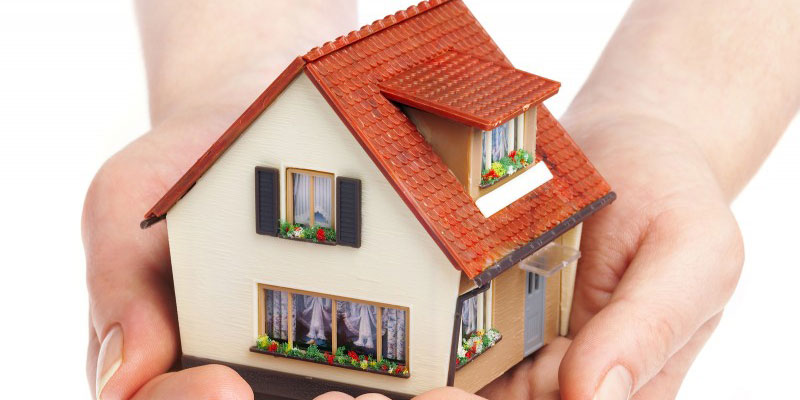Table of Contents
With the current state of the economy, rental property owners are looking for ways to defer their capital gains taxes. A 1031 exchange allows them to do just that. But there are a few things they need to know before they can take advantage of this tax-deferred strategy.
This article will cover everything from what a 1031 exchange is and how it works to the most common questions rental property owners have about 1031 exchanges.
What is a 1031 Exchange?
A 1031 exchange is a tax-deferral strategy that allows investors to sell one investment property and use the proceeds to buy another investment property, without having to pay capital gains taxes on the sale.
In order to qualify for a 1031 exchange, the following criteria must be met:
-The property must be held for investment or business purposes (i.e. it cannot be your primary residence).
-The property must be exchanged for another “like-kind” property of equal or greater value.
-The exchange must be completed within a certain time frame (usually 180 days).
-A qualified intermediary must handle the exchange.
If all of the criteria are met, the investor can defer paying capital gains taxes on the sale of the property. This can be a huge advantage, especially in today’s market, where values are constantly fluctuating.
How Does a 1031 Exchange Work?
The first step in a 1031 exchange is to find a qualified intermediary. This is someone who will hold the proceeds from the sale of the property and use them to purchase the new property. The intermediary cannot be the buyer or seller of the property, nor can they be related to either party.
Once the intermediary has been chosen, the investor will need to find a replacement property. The replacement property must be of “like-kind” to the property being sold, which means it must be used for investment or business purposes. The replacement property must also be of equal or greater value than the property being sold.
Once the replacement property has been found, the investor will need to complete the sale of the original property. The proceeds from the sale will be held by the intermediary and used to purchase the replacement property.
The investor has 180 days from the date of the sale of the original property to complete the purchase of the replacement property. If all requirements are met, the investor can defer paying capital gains taxes on the sale of the original property.
Why Would a Rental Property Owner Want to do a 1031 Exchange?
There are a number of reasons why a rental property owner might want to do a 1031 exchange.
The most obvious reason is to defer paying capital gains taxes on the sale of the property. This can be a huge advantage, especially in a down market, when property values are fluctuating.
Another reason is to exchange a property that is no longer performing well for a property that has the potential to perform better. This can be a good way to improve your investment portfolio without having to pay capital gains taxes on the sale of the original property.
Finally, a 1031 exchange can be a good way to consolidate your investment portfolio. If you own a number of rental properties, you may want to exchange them for a smaller number of properties that are easier to manage. This can simplify your life and help you focus on the properties that are performing the best.
What Are the Most Common Questions Rental Property Owners Have About 1031 Exchanges?
Does the Property Have to be Sold for Cash?
No, the property does not have to be sold for cash. The proceeds can come from a loan, such as a mortgage or home equity loan.
Can the Property Be Sold Through a Real Estate Agent?
Yes, the property can be sold through a real estate agent. However, it is important to choose an agent who is familiar with 1031 exchanges and can help ensure that the exchange is completed properly.
What Happens if I Don’t Find a Replacement Property Within the 180-Day Time Frame?
If you don’t find a replacement property within the 180-day time frame, you will be required to pay capital gains taxes on the sale of the original property.
Can I Do a 1031 Exchange More Than Once?
Yes, you can do a 1031 exchange more than once. There is no limit to the number of times you can do an exchange.
Conclusion
A 1031 exchange can be a great way for rental property owners to defer paying capital gains taxes on the sale of their property. It can also be a good way to improve your investment portfolio or consolidate your investments. If you are considering a 1031 exchange, be sure to consult with a qualified intermediary to ensure that the exchange is completed properly.

